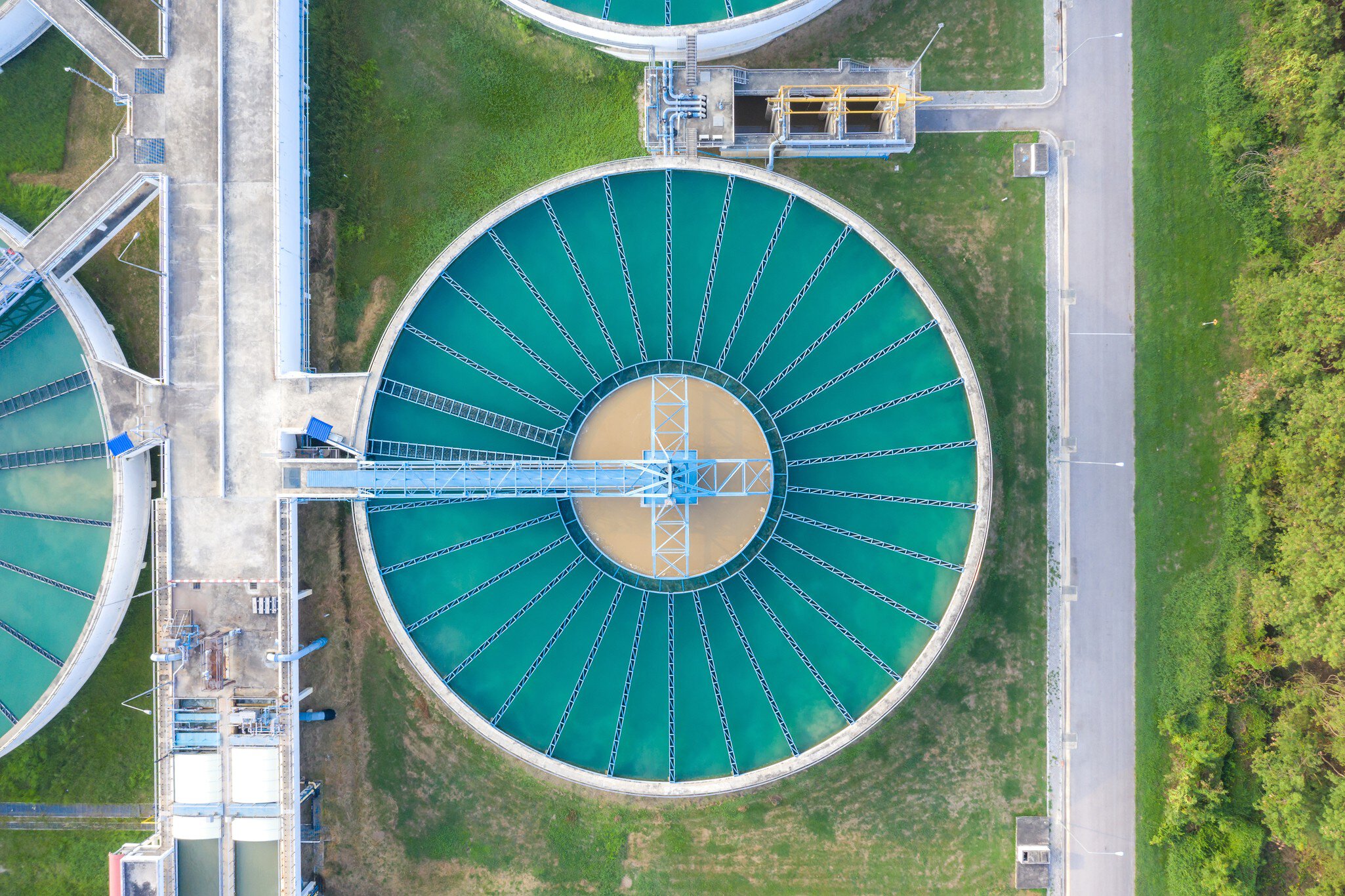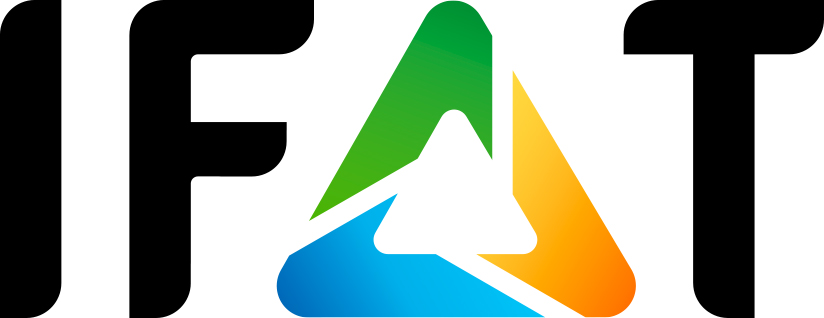Systems and Processes for Water Supply
Your challenge. Our solutions – at IFAT Munich
The challenges are complex, the answers diverse: IFAT Munich is the leading platform for solutions in environmental technology. Here you will find everything you need to shape a sustainable future.
Whether stricter environmental regulations, scarce resources, or pressure to modernize technology—those who bear responsibility in the environmental industry face concrete challenges. IFAT Munich shows you cross-manufacturer solutions: technology-neutral, practical, and forward-looking.
Discover the ten key topics here and find out which exhibitors, technologies, formats, and developments at IFAT Munich 2026 are relevant to your challenges.
The future of wastewater treatment
Water infrastructure management
Resilience & adaptation of water management to climate change
Resource efficiency
Materials recovery and recycling
Logistics & waste collection
Hydrogen in the circular economy
Energy valorization
Roadway maintenance and operations
Solutions in the field of water management

Systems and Processes for Water Supply
Modern facilities and processes ensure a reliable supply of drinking and process water: from secure access and optimization of water quality to dense networks and efficient energy use, all the way to the digitalization of every operation.
Key aspects:
- Access and availability
- Ensuring and optimizing water quality
- Leak-prook water networks
- Energy use and recovery
- Digitization of plant engineering and processes for drinking and industrial water supply
The future of wastewater treatment
Wastewater as a resource: dense networks, efficient treatment, and sewage sludge recycling enable water reuse, resource recovery, and digitally controlled, sustainable wastewater management.
Key aspects:
- Wastewater and sludge pumping
- Clean and leak-proof wastewater networks
- Sewage sludge utilization
- Treatment, monitoring and cleaning
- Water reuse
- Resource recovery from wastewater
- Digitization for plant engineering and processes for wastewater transport, treatment and reuse
Would you like to get an overview of all exhibitors across all industries? Our exhibitor directory offers you various search and filter options.
Water infrastructure management
From planning and operation to maintenance: the management of modern drainage systems for municipalities and industry combines safety, energy efficiency, and integrated water management. Digital technologies such as automated control, smart metering, and digital twins enable sustainable, future-oriented operational management.
Key Aspects:
- Planning, construction, operation and maintenance of municipal and industrial drainage systems
- System safety and reliability
- Integrated water management
- Energy use and recovery
- Digitization for the management of water and wastewater systems
Resilience & adaptation of water management to climate change
Climate change, urbanization, and extreme weather events are calling for new solutions in water management. Whether flood protection, rainwater management, or water-conscious urban development—modern concepts such as sponge cities, digital early warning systems, and smart infrastructure strengthen resilience and ensure a sustainable supply.
Key Aspects:
- Hydraulic engineering
- Coastal adaptation
- Early warning systems for flooding and erosion
- Rainwater management
- Flood management
- Water-sensitive urban design/sponge city concepts/blue-green infrastructure
- Watercourse management
- Irrigation and drainage engineering
- Soil and groundwater remediation
- General digitization in the water industry
Solutions in the field of waste and recycling management

Resource efficiency
Whether energy-efficient pumps, smart waste systems, or digital tools—modern water and waste management relies on sustainable technology for decarbonization. IoT sensors, cloud solutions, and automated processes help to monitor resources in a targeted manner and use them efficiently.
Key Aspects:
- Use of alternative drive systems
- Integration of energy-efficient components & production systems
- Energy use and recovery
- Modular and maintenance-friendly system technology
- Digital transformation for resource efficiency
Materials recovery and recycling
Whether plastics, batteries, or other materials: modern recycling processes and digital technologies such as AI, blockchain, and automated sorting enable efficient material cycles and sustainable pollutant management.
Key Aspects:
- Cross-sectoral circular economy processes
- Material-specific circular economy processes
- Hazardous waste management
- Digitization
Are you looking for a cross-industry overview of the supporting program at IFAT Munich 2026? Then click on our event program.
Logistics & waste collection
Modern waste management systems rely on digital solutions, automated sorting, and low-emission vehicles. Smart route planning, separate storage of different types of waste, and IoT sensor technology make collection more efficient, ensure material quality, and improve traceability—for a sustainable circular economy.
Key Aspects:
- Storage and distribution options
- Waste collection
- Waste sorting
- Vehicles and bodies
- Digitization
Hydrogen in the circular economy
The circular economy is opening up new sources of hydrogen—for example, from sewage sludge, biogenic residues, or non-recyclable waste. Aquatic biomass and renewable energies also play a role. Modern infrastructure and digital systems enable efficient planning, storage, and use—for example, for transportation, industrial processes, or the energy supply of buildings.
Key Aspects:
- Hydrogen production
- Infrastructure and systems
- Use and application
Energy valorization
Whether heat recovery, biogas production, or thermal utilization—the energetic use of waste and water streams makes an important contribution to sustainable energy supply. Innovative processes such as carbon capture and biological exhaust air purification increase efficiency and environmental compatibility.
Key Aspects:
- Hydronic energy recovery
- Energy recovery from waste cycles
- Air extraction and air pollution control
Roadway maintenance and operations
Clean, safe, sustainable: Winter services, street cleaning, and operational services are developing rapidly—with low-emission vehicles, smart gritting material planning, and fine dust-optimized cleaning. Modern technology and AI ensure greater efficiency and safety—even in areas that are difficult to access.
Key Aspects:
- Winter service
- Street cleaning
- Road maintenance / road maintenance service
